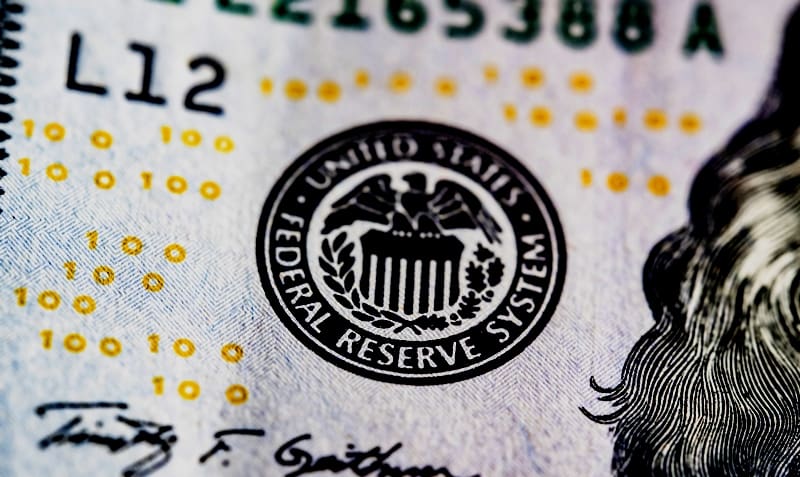Mortgage interest rates have been a hot topic for both prospective homebuyers and homeowners looking to refinance. The rates are influenced by a myriad of factors, including economic conditions, inflation, and Federal Reserve policies. Currently, many are wondering when these rates might drop, as high interest rates can significantly impact monthly mortgage payments. The first step in understanding potential changes in mortgage interest rates is to look at the broader economic picture. By examining trends and forecasts, we can get a clearer picture of what to expect.
Economic Indicators and Mortgage Rates
Several economic indicators play a crucial role in determining mortgage interest rates. Inflation is one of the primary factors; as it rises, so do interest rates, to curb borrowing and spending. The Federal Reserve also influences rates through its monetary policy decisions. When the economy shows signs of slowing down or entering a recession, the Fed might lower rates to stimulate growth. Additionally, employment rates and GDP growth are significant indicators that can signal potential changes in mortgage rates. Keeping an eye on these factors can provide insights into when mortgage interest rates might start to decline.
The Role of the Federal Reserve

The Federal Reserve’s actions are central to the direction of mortgage interest rates. The Fed uses tools like the federal funds rate to influence borrowing costs across the economy. In periods of economic downturn, the Fed may lower these rates to encourage lending and investment. Conversely, in times of economic growth and rising inflation, the Fed may increase rates to prevent the economy from overheating. Recent statements from the Fed can give clues about future rate changes, making it essential to stay updated with their announcements.
Market Predictions for Mortgage Rates
Financial experts and analysts often make predictions about future mortgage interest rates based on current economic data and trends. While these predictions are not always accurate, they provide a useful benchmark for planning purposes. Some analysts foresee a potential drop in mortgage rates if economic growth slows or inflation is brought under control. However, unpredictable global events, such as geopolitical tensions or pandemics, can also impact these rates. It’s crucial to consider both short-term fluctuations and long-term trends when making decisions about mortgages.
What Homebuyers and Homeowners Can Do

For those looking to buy a home or refinance their existing mortgage, it’s important to stay informed about interest rate trends. Locking in a mortgage rate at the right time can save thousands of dollars over the life of a loan. Prospective buyers should keep an eye on economic reports and Fed announcements to gauge the best times to act. Additionally, consulting with financial advisors or mortgage brokers can provide personalized insights based on individual financial situations. Staying proactive and informed is the best strategy in a fluctuating mortgage market.
Predicting exactly when mortgage interest rates will drop is challenging due to the many variables involved. However, by understanding the economic factors at play and staying informed about market predictions, homeowners and prospective buyers can make more educated decisions. Monitoring Federal Reserve actions, economic indicators, and expert analyses will provide a clearer view of future rate movements. As always, seeking professional financial advice tailored to your situation is recommended to navigate the complexities of mortgage rates effectively.
MortgageRates #HomeBuying #Refinance #InterestRates #FederalReserve